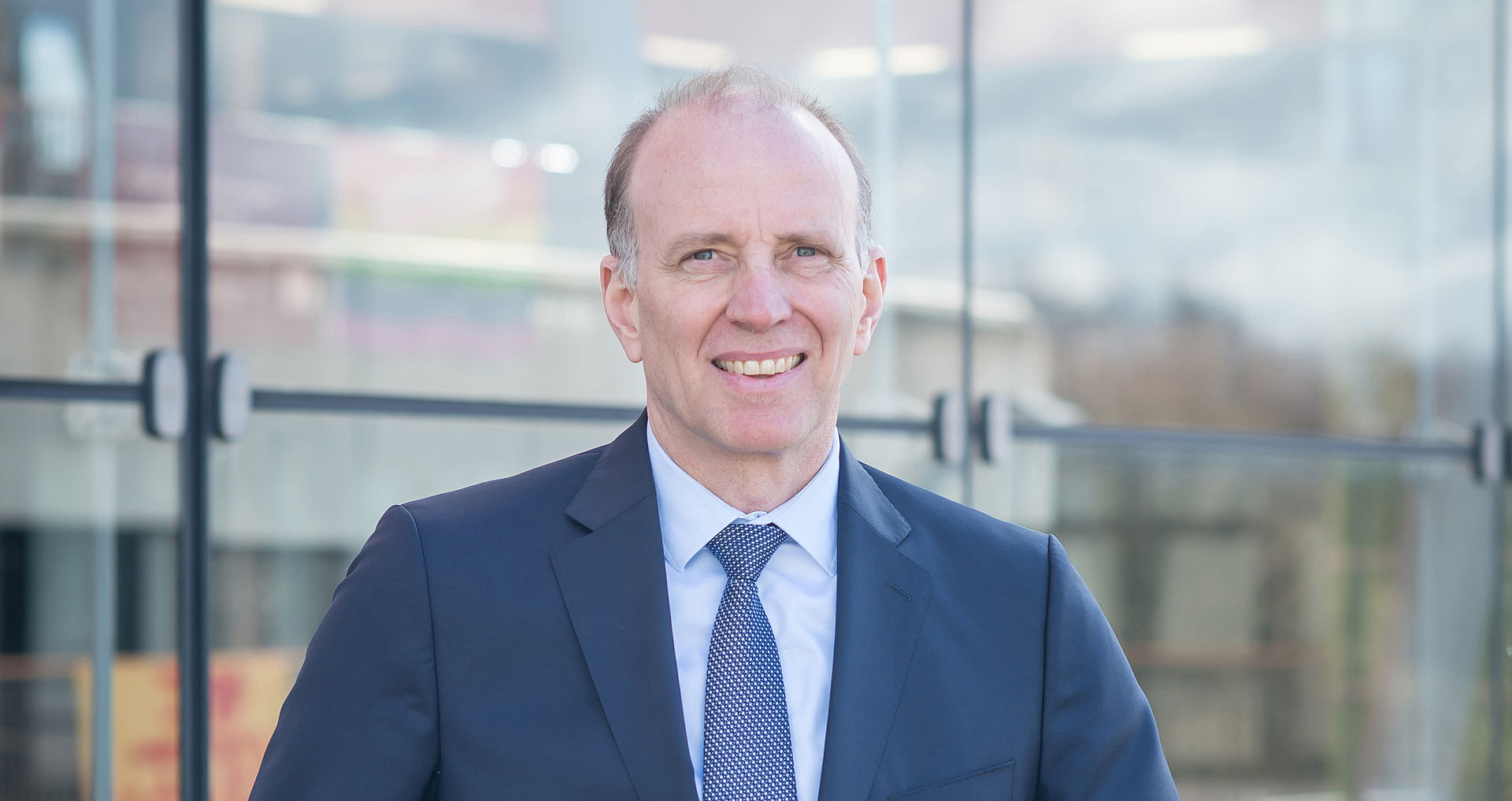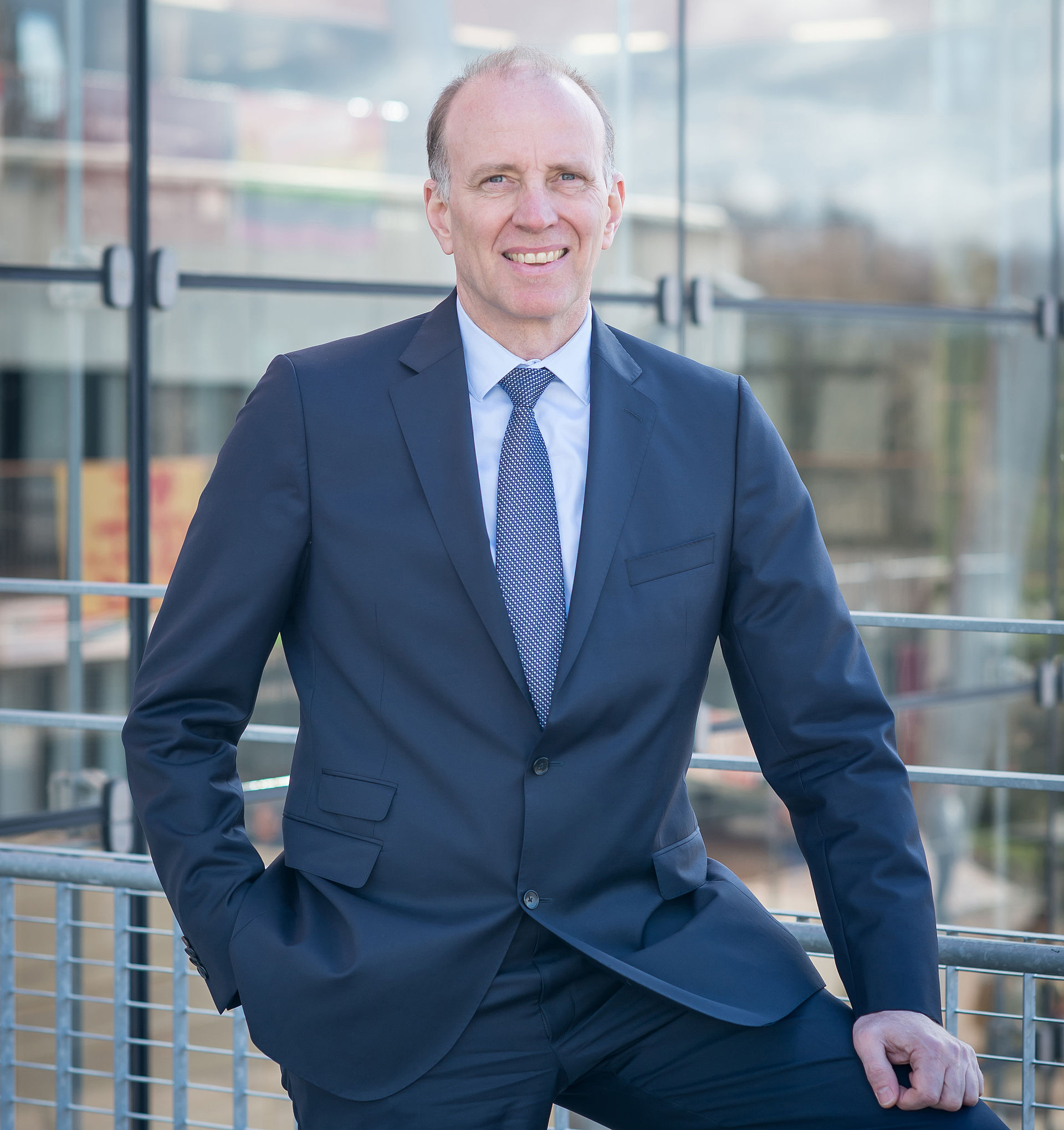December 5, 2019. According to my observations, there is currently one major issue that concerns societies in Germany and Europe, and perhaps even worldwide, in equal measure: namely, the protection of our planet. The “Fridays for Future” movement, for example, has developed into a worldwide indictment of the previous inaction by politicians to address the consequences of climate change for the younger generations. Many countries are seeing protests against the uncontrolled destruction of rainforests. Extreme weather events are causing more and more people to fear for their existences. Heads of state and government as well as scientists from all over the world are currently meeting in Madrid under the motto “TimeforAction” in order to launch effective climate protection measures. Last week there was another worldwide “climate strike”. Generally speaking, I have the impression that we are seeing unprecedented concern across the planet over the condition that the Earth will have in the year 2100.
So, I was really impressed when six representatives from “Fridays for Future” recently accepted the Marion Dönhoff Prize for International Understanding and Solidarity, which is sponsored by German news weekly DIE ZEIT, in Hamburg. They accepted it defiantly, using the event as an opportunity for addressing what they see as the silent majority with the following words: “Don’t just give us prizes. Do something! The time to take action is running out!” Our company has also formed a voluntary climate team under the hashtag #AllefürsKlima which is committed to encouraging more conscious use of the Earth’s resources.
Earth observation: All planned Copernicus missions will be implemented
The representatives of the ESA member states have understood the need for action – and have acted on it. The European Earth observation mission “Copernicus” was assigned a budget of around EUR 1.8 billion for the next three years at the ESA “Space19+” conference, EUR 520 million of which came from Germany alone. This is significantly more than was originally expected. With this money it will be possible to implement all six planned missions – they will make a very important contribution to learning more about the changes in the environment and climate on our planet. This knowledge will enable us to respond more effectively and particularly also more quickly to the changes. In other words, by committing to Copernicus, Europe has made it clear how serious the ESA states are about not sitting idly by and watching the dangerous changes to the climate and environment.
Space Safety: Asteroid Defense Mission Hera Receives Higher Budget Than Expected
During “Space19+”, Europe and Germany sent out another very strong signal on their determination to protect the Earth. This entails the area of space safety, specifically the asteroid defense mission Hera. A total of around EUR 170 million is now available for the first phase of this mission. Germany contributed EUR 60 million more than expected and is lead-managing this mission. The dangers posed by asteroids are clearly still being underestimated worldwide. At the moment, there are more and more reports about asteroids that come close to colliding with the Earth. As recently as on October 10, 2019, ESA extended its list of risks to include asteroid 2019 SU3, which could potentially hit the Earth in September 2084. In July asteroid 2019 OK passed the Earth almost without being detected. And the “God of Chaos” also caused some consternation as this asteroid is expected to pass us at a distance of only 30,000 km, thus coming perilously close to the Earth.
Generally speaking, the greatest risk is that we don’t have any response to asteroids at the moment. So, if an asteroid were to be heading for the Earth, we would be completely at its mercy. To date, we can only observe asteroids and determine where they are. Despite the technical progress that has been made over the last few years, some asteroids still occasionally go undetected. So, we need to improve this aspect. On the other hand, we urgently require a solution in the event that an asteroid is on a collision course with the Earth. So far, we’ve simply been lucky, something which cannot be said of the dinosaurs in earlier times.
We don’t want to be in a position in which we simply have to accept our fate. Rather, we want to be able to take our fate into our own hands. That’s why asteroid defense missions are so important. It’s a question of understanding what we can do in response to asteroids that are headed in our direction. And thanks to the budgets approved for the Hera mission, work can begin immediately, since the Hera contract has already been awarded to OHB, which is why we are now opening up all the flood gates and starting work on this project.
Incidentally, the Hera mission is enormously important for the protection of our planet for a very specific reason: we know far too little about the composition of asteroids. This means that, if an object were to be approaching the Earth, it would be crucial to know how strong a shove would be needed for its orbit to be shifted. Hera’s purpose will be to research this game of “billiards in space”. To put it very simply, the following will be done: first a NASA probe will fly to the asteroid Didymos and fire what is known as an impactor at its smaller companion Didymoon. The European Hera probe will fly there later and measure the effect of the impactor. Using this data, it will be possible to gauge how an asteroid on a collision course to Earth can be deflected.
I admit that I am completely fascinated by the possibility of combating such a threat effectively. So far, this has been confined to the realms of Hollywood movies, which - if I may say so - have resorted to rather unsuitable means. In the not too distant future, however, we will have the technology to protect planet Earth from such massive threats. Because it’s not so much a question of whether but when a collision will happen and whether we humans will succeed in recognizing the danger in time. The earlier we can detect an asteroid that is on a collision course, the greater the probability will be that we are able to deflect it from its trajectory. For these reasons, we need to step up our efforts in space observation and exploration. Seen in this light, EUR 170 million is an investment that will help preserve the future of our civilization in the long term.
Personal details:
Born in 1962, Marco Fuchs studied law in Berlin, Hamburg and New York. He worked as an attorney in New York and Frankfurt am Main from 1992 to 1995. In 1995, he joined OHB, the company that his parents had built up. He has been Chief Executive Officer of OHB SE since 2000 and of OHB System AG since 2011. Marco Fuchs is married and has two children.


